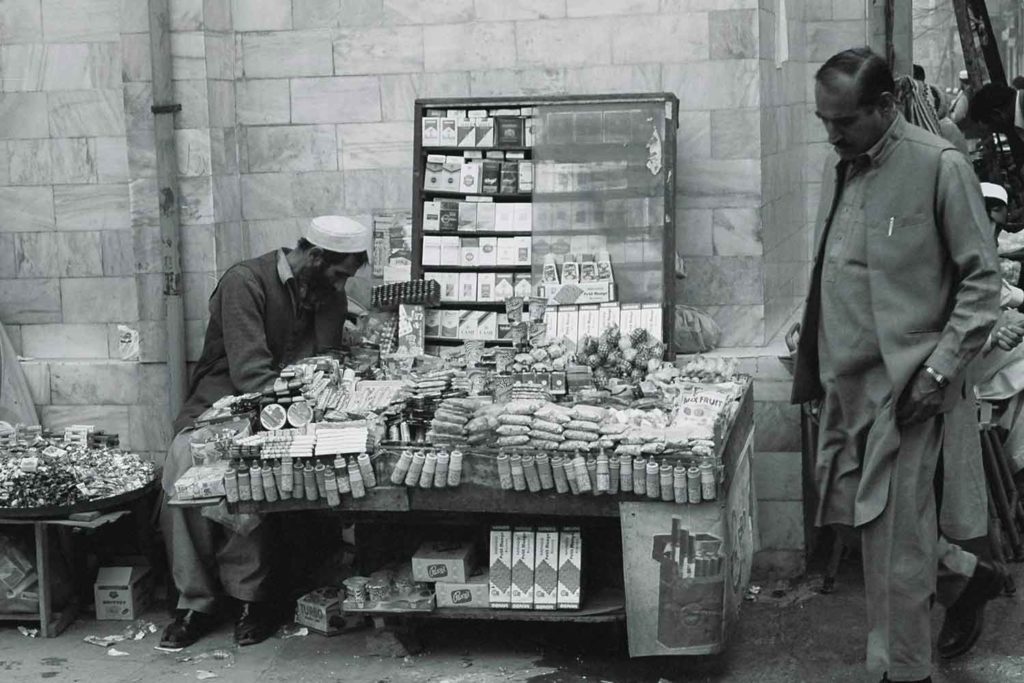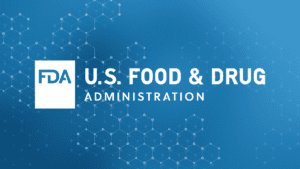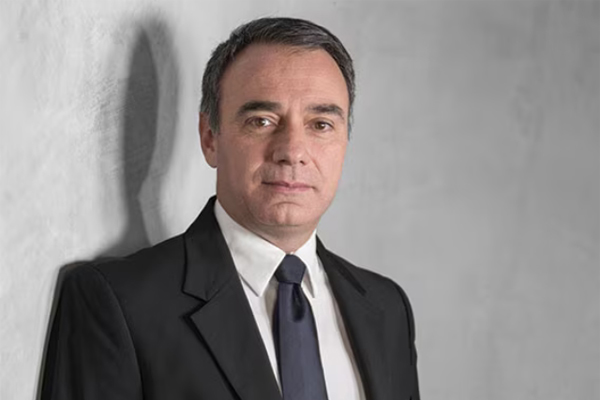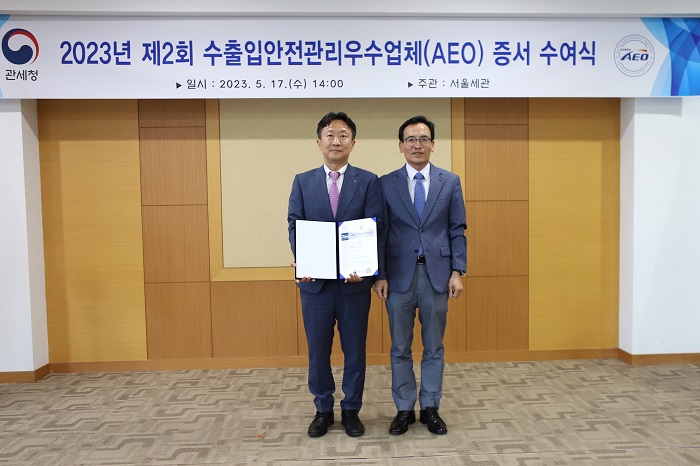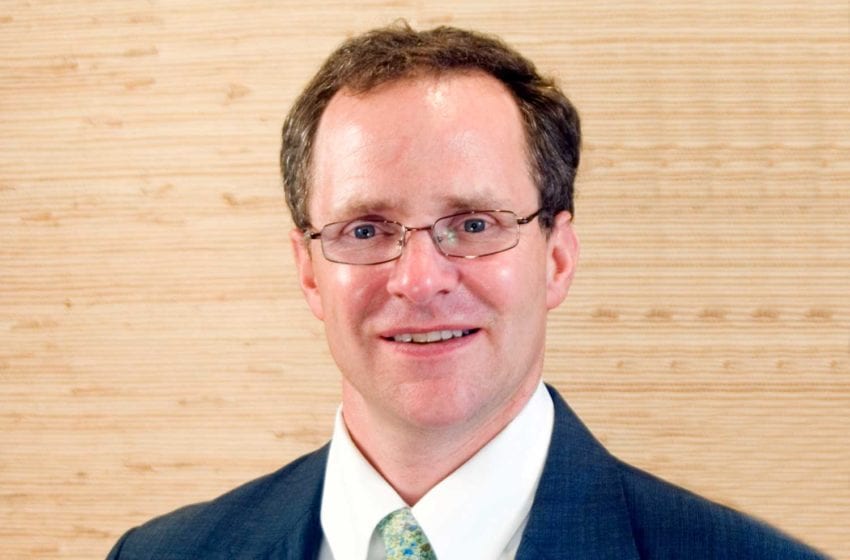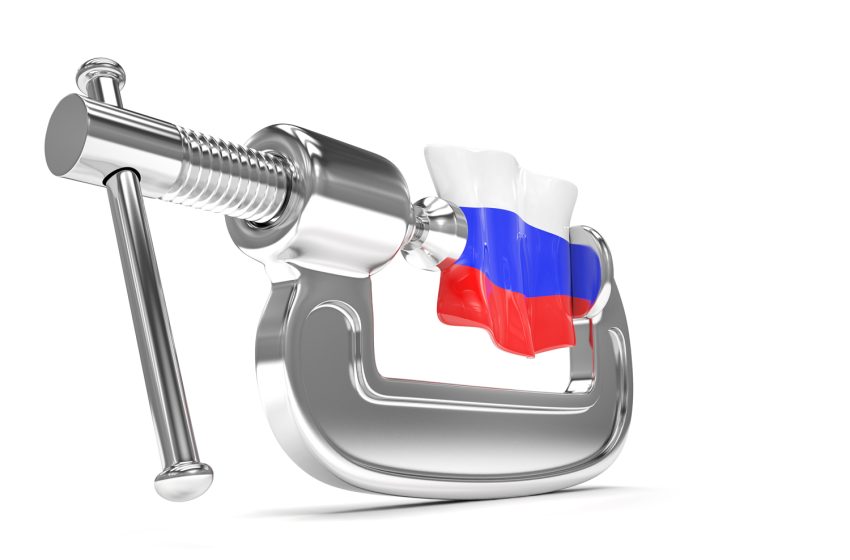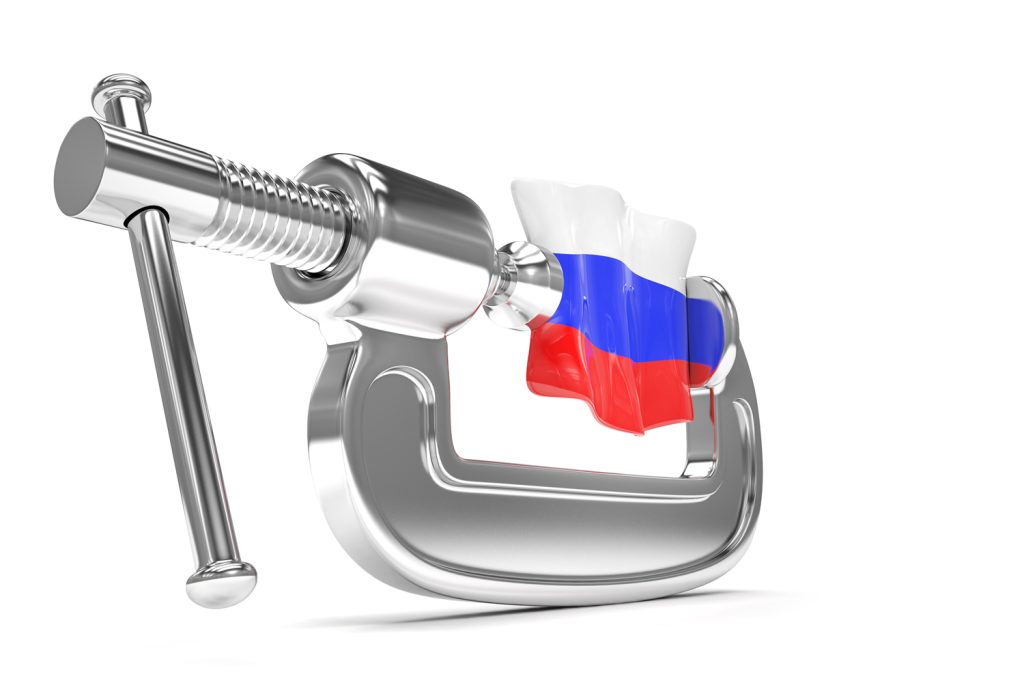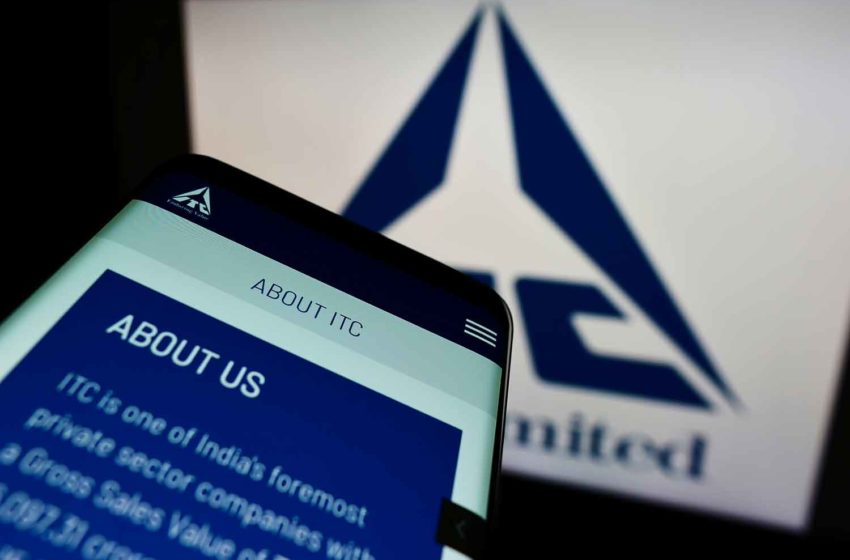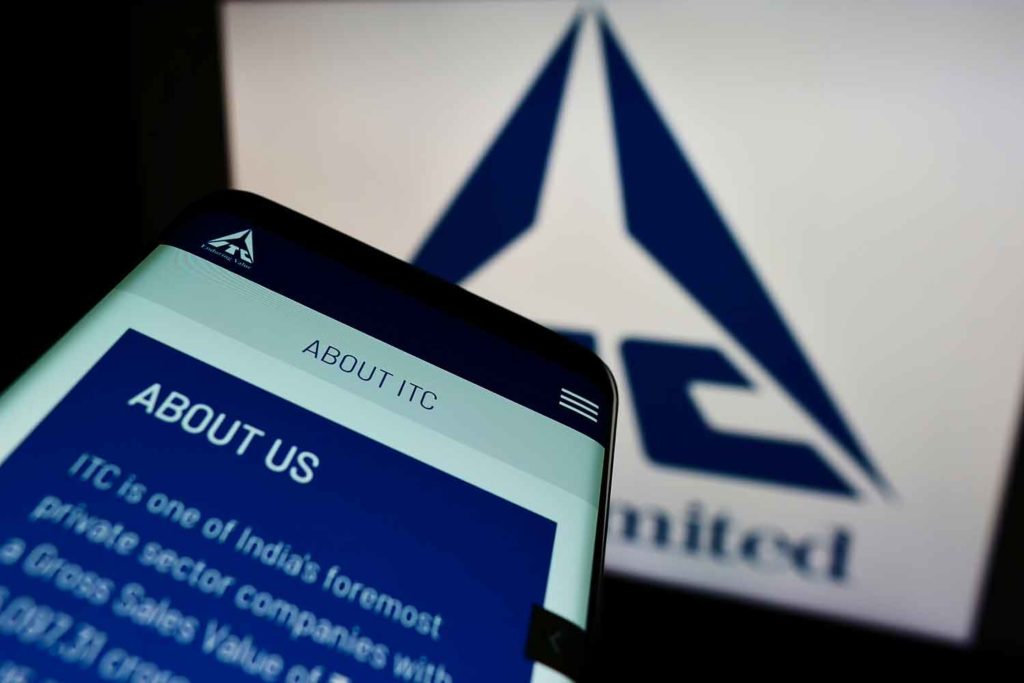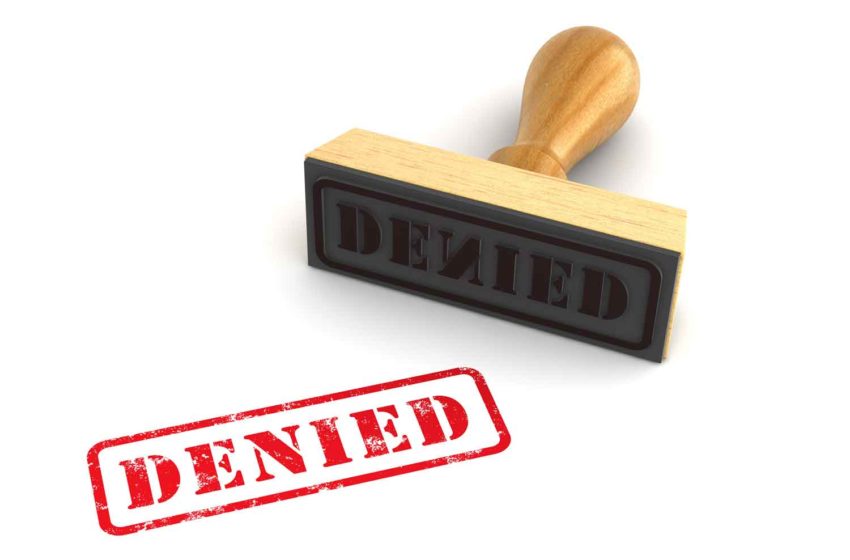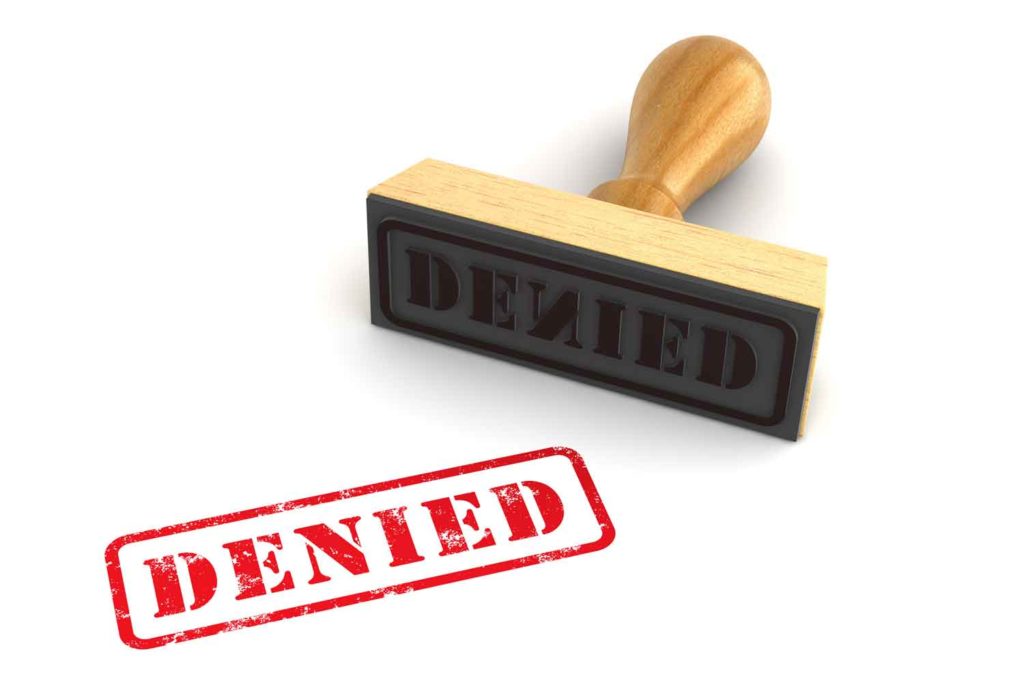
The illegal cigarette trade cost the Irish government approximately €384 million ($415.25 million) in lost excise duty and value-added tax during 2022, reports the Irish Examiner, citing estimates by the Revenue Commissioners.
A survey carried out by Ipsos MRBI on behalf of the Revenue Commissioners, shows that 17 percent of all cigarette packs held by smokers in 2022 were illegal. This is up from 13 percent in 2021.
An illicit rate of 17 percent equates to approximately 31.7 million illegal packs. Nearly nine in 10 of those illegal packs were classified as contraband—that is, normal commercial brands that were purchased abroad and brought into the country. A further 13 percent of cigarette packs were found to be legal but with no Irish duty paid—up 8 percent from 2021.
The survey also found 17 percent of pouches of roll-your-own tobacco held by smokers surveyed were illegal and 10 percent were legal but with no Irish duty paid.
In 2022, the Revenue Commissioners seized 51.6 million cigarettes valued at €39.5 million, and 11,803 kg of tobacco with an estimated value of €8.5 million.
The agency obtained 41 summary convictions relating to the sale of illicit tobacco, four of which were on indictment with fines of €76,250 imposed.
There were 24 convictions relating to tobacco smuggling in 2022, four of which were on indictment, with fines of €35,100 imposed.



